On Nov 1, the hottest-trending topic on Chinese social media came from an unlikely source.
Yan Ning, a structural biologist, announced that she would resign her tenured professorship at Princeton University and return to China to help build a new medical academy in Shenzhen, Guangdong province.
The post attracted more than 480 million views on Sina Weibo, with many netizens calling Yan a "goddess scientist" and wishing her success in her new role.
Yan was the latest addition to a growing list of scientists who are returning to China to seek more opportunities and resources, stable employment, and strong policy and social support.
Wang Yunhai, a professor of education policy at the University of International Business and Economics in Beijing, said China is bolstering efforts to nurture and attract top researchers who can contribute to socioeconomic development and strategic needs.
According to the report to the 20th Communist Party of China National Congress in October, such professionals are regarded as a primary resource, and the country will prioritize educational development and rely on them to drive growth.
"For the first time, China has combined its education, science and technology and human resources strategies into one cohesive plan. This shows how important science and technology professionals are for building a strong, modern China," Wang said.
In November, Clarivate, a global analyst, unveiled its 2022 list of highly cited researchers and academics who enjoyed significant and broad influence in their fields.
It featured 6,938 scientists from 69 countries and regions, with the Chinese mainland ranking second with 1,169 highly cited researchers. In the past five years, the mainland's share of the list has risen from 7.9 percent in 2018 to 16.2 percent this year.
The United States was home to 2,764 world-class scientists, accounting for 38.3 percent of the list, but its overall share fell from 43.3 percent in 2018.
To nurture higher-quality scientists, Wang said China will need to improve its policy support for human resources, identify and support young talent more effectively, optimize evaluation standards for career progression and create a rich innovation ecosystem for researchers.
Li Zhiming, vice-president of the Chinese Society of Educational Development Strategy, said educational institutions play a critical role in nurturing young scientists, but for years, the quantity and quality of published papers have been the primary evaluation standards for advancing researchers' careers.
"We need to create the right evaluation framework for our teachers and scientists, encourage them to make more original works and design more inclusive research projects that will allow graduate students to obtain firsthand research experience," Li said.








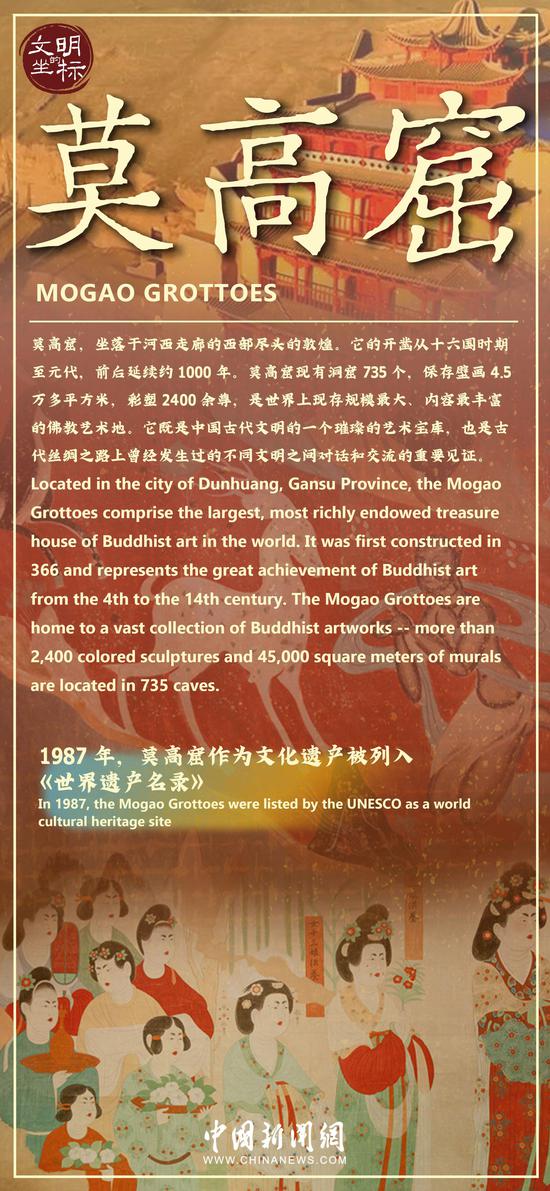


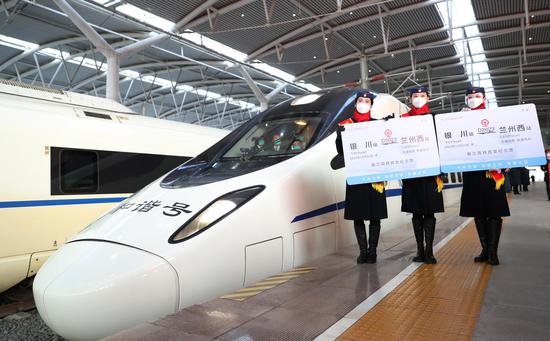



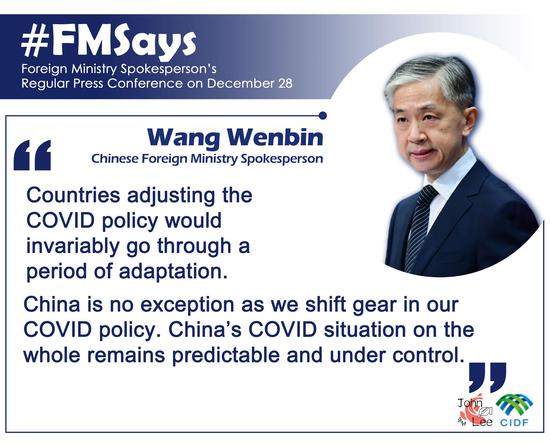
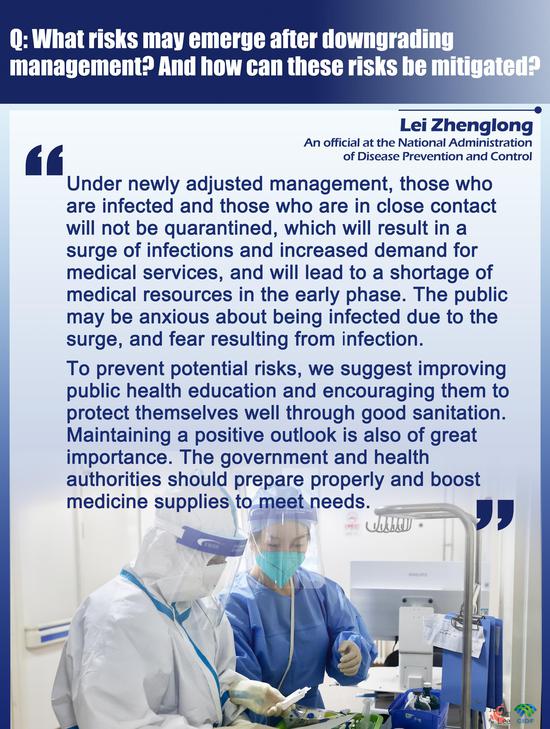
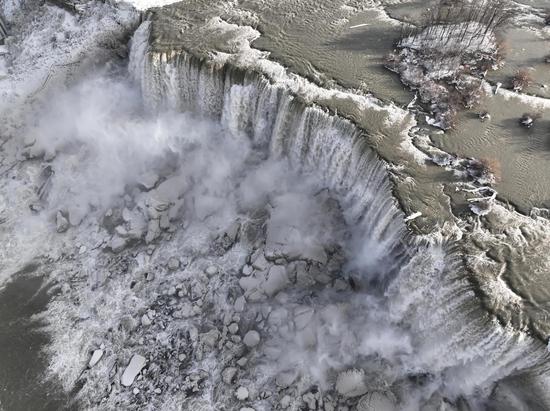
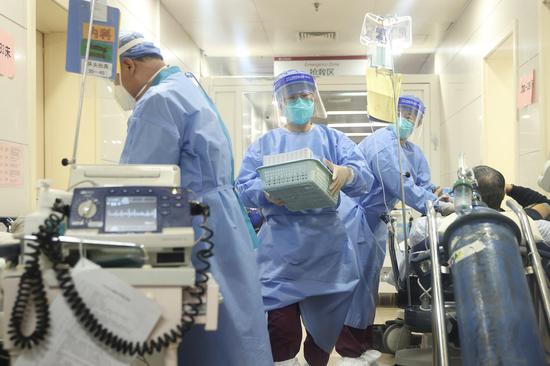
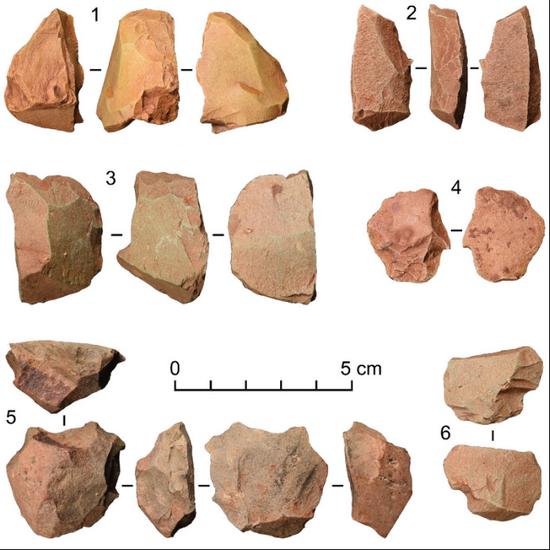


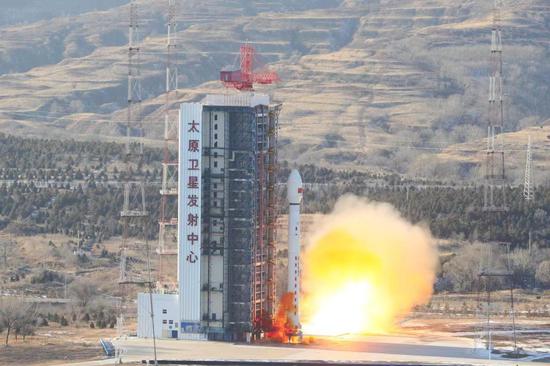

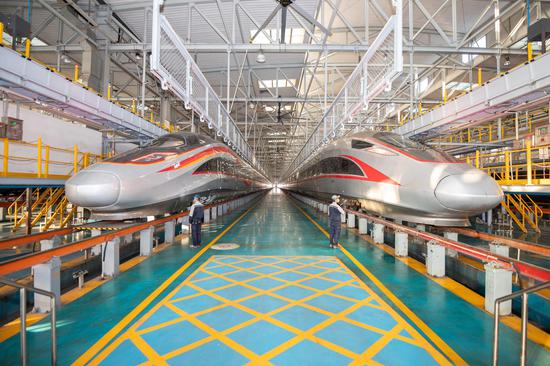

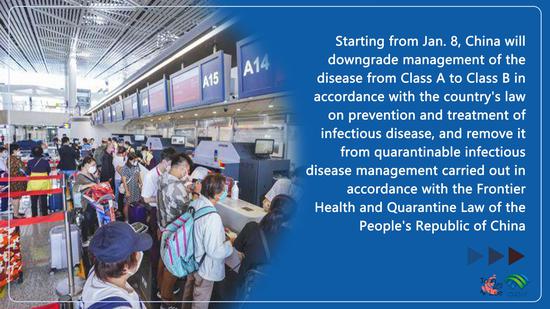
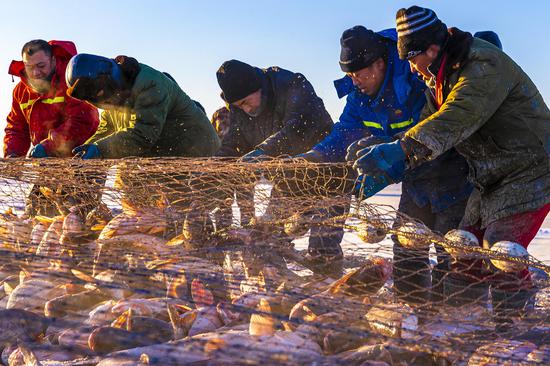




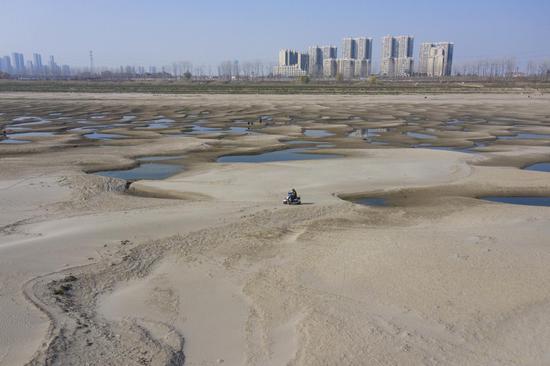



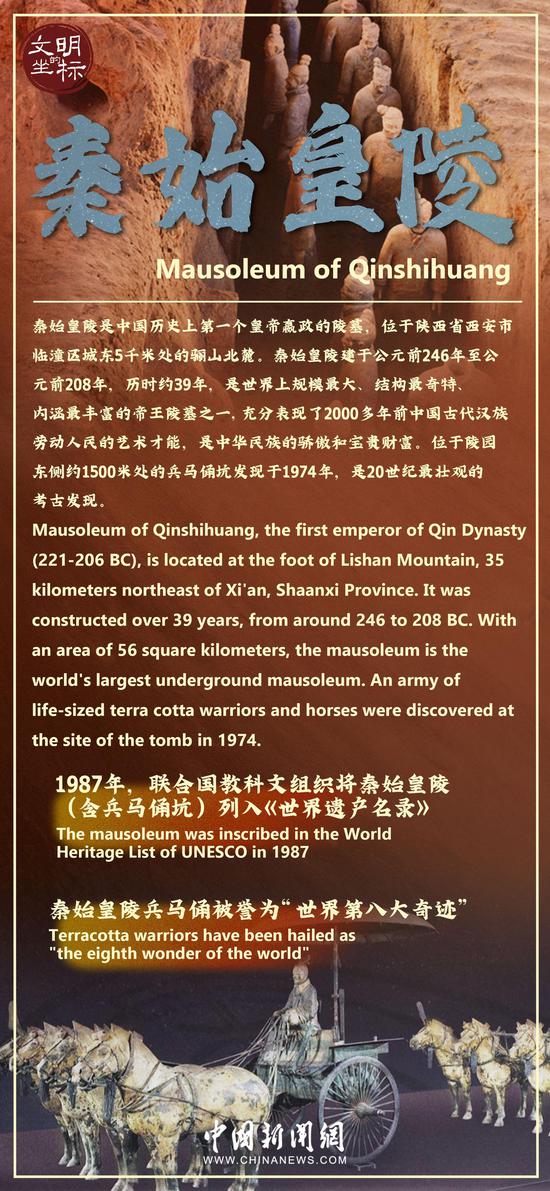
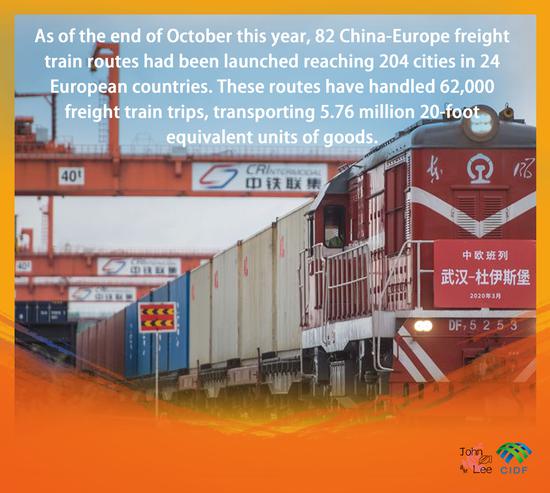
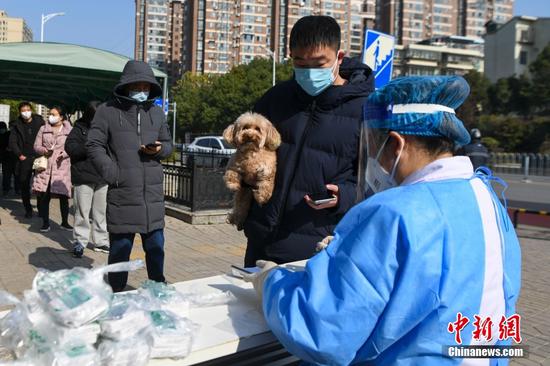




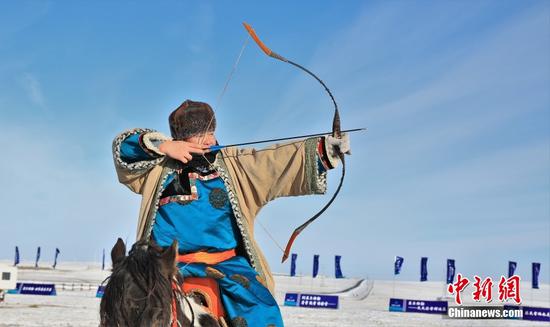
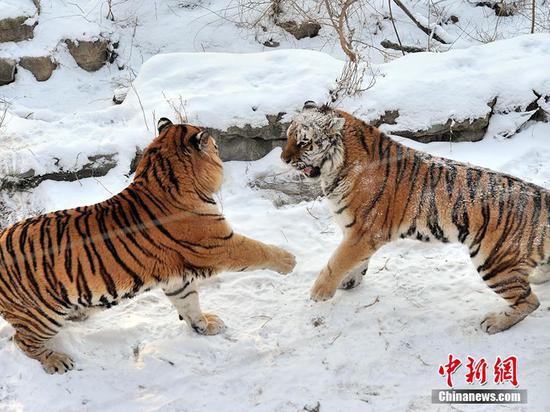





 京公网安备 11010202009201号
京公网安备 11010202009201号